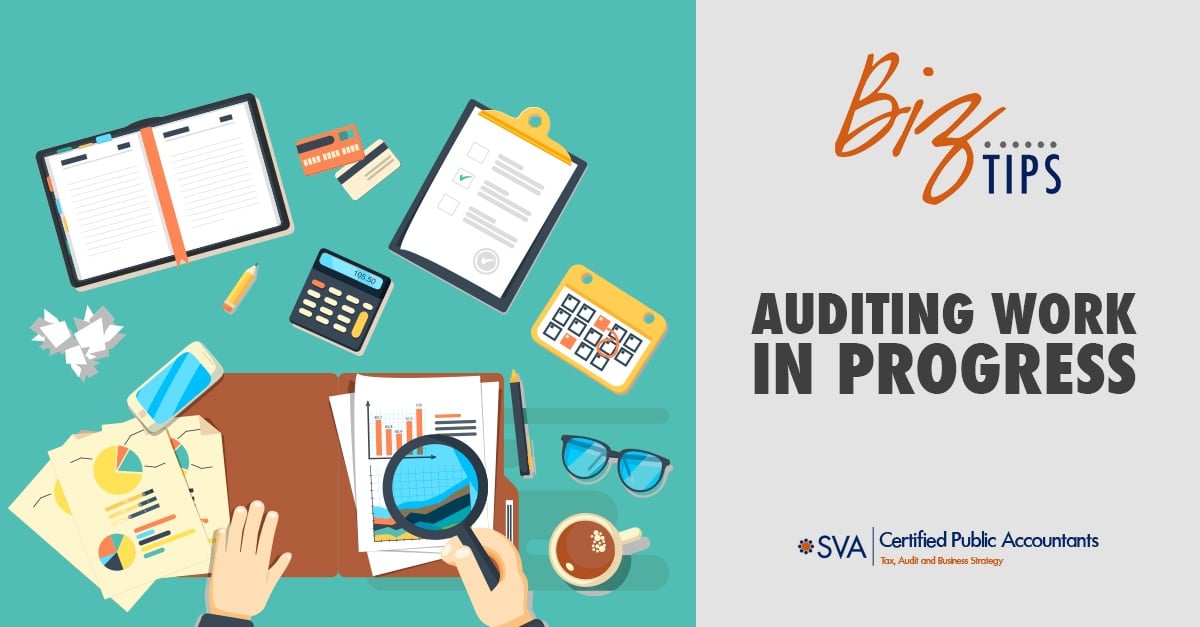Financial statement auditors spend a lot of time evaluating how their clients report work in progress (WIP) inventory. Here’s why this account warrants special attention and how auditors evaluate whether WIP estimates seem reasonable.
Accounting for Inventory
Companies must report the value of raw materials, WIP and finished goods on their balance sheets. WIP — which includes partially finished products at various stages of completion — relies on the use of estimates. As a general rule, the more raw materials, labor and overhead invested in WIP, the higher its value.
Most experienced managers use realistic estimates, but inexperienced or dishonest managers may inflate WIP values. This can make a company appear healthier than it really is by overstating the value of inventory at the end of the period and understating cost of goods sold during the current accounting period.
Accounting for Costs
Companies assign manufacturing costs depending on the type of product they produce. When a company produces large volumes of the same product, they allocate costs as they complete each phase of the production process. This is known as standard costing. For example, if a production process involves six steps, at the completion of step three the company might allocate 50% of their costs to the product.
On the other hand, when a company produces unique products — such as the construction of an office building or made-to-order parts — they typically use the job costing system to allocate materials, labor and overhead costs as incurred.
Analyzing WIP
Auditors focus substantial effort on analyzing how companies quantify and allocate their costs. Under standard costing, the WIP balance grows based on the number of steps completed in the manufacturing process. Therefore, auditors analyze the methods used to quantify a product’s standard costs, as well as how the company allocates the costs corresponding to each phase of the production process.
With job costing, auditors analyze the process to allocate materials, labor and overhead to each job. In particular, auditors test to ensure that costs assigned to a particular product or project correspond to that job.
Recognizing Revenue
Auditors perform additional audit procedures to ensure that a company’s recognition of revenue complies with their accounting policies. Under standard costing, companies typically record inventory (including WIP) at cost, and then recognize revenue once they sell the product. For job costing, revenue recognition typically happens based on the percentage-of-completion or completed-contract method.
Sorting Through the Details
Under both the standard and job costing methods, accounting for WIP affects the balance sheet and the income statement. Companies with long-term contracts must follow new rules for recognizing revenue starting in 2018 for public companies and a year later for private ones.
As you update your company’s reporting systems and procedures to comply with the changes, expect auditors to modify their auditing procedures for WIP to accommodate the new measurement and disclosure guidance.
Contact us if you need help applying the new revenue recognition standard or reporting WIP in general. We can help you make reliable estimates based on your company’s specific production process.
© 2018

